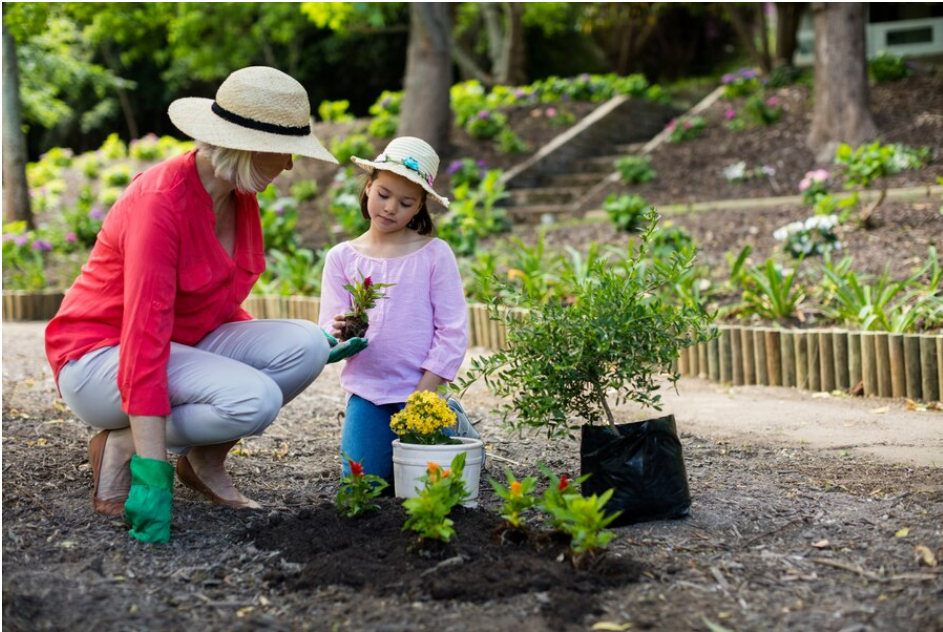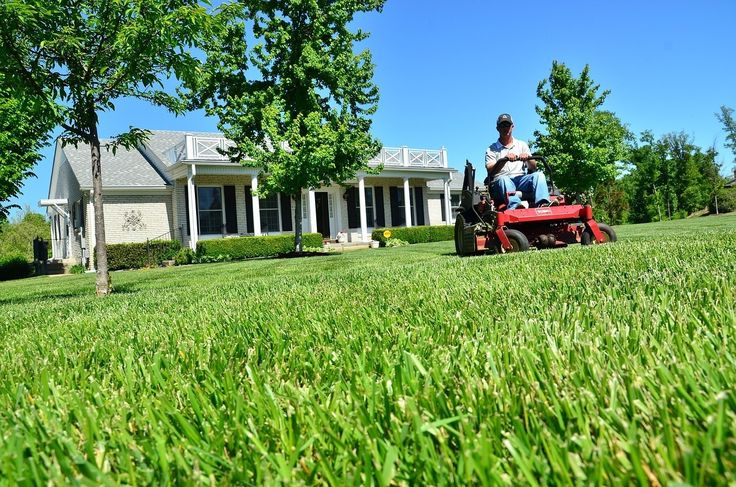Due to global warming, temperatures have changed drastically. Many parts of the world are experiencing very high temperatures in summer. This makes necessary measures for summer gardening essential.
Though spring is generally the best time for planting, planting can be done throughout the growing season, i.e., spring to summer, to achieve good harvests. The planting time usually depends on the type of plants, weather conditions, and location. These factors can be analyzed to decide about summer planting in your area. In summer, plant growth can be affected due to dryness. Let us explore the different practices for planting in summer and achieving the best results.
Successive Planting:
The same type of vegetable can be planted multiple times throughout the season. This helps prevent excessive space occupied by the same type of plants and ensures consistent yields. Fertilizers can be added to the soil to improve the nutrients absorbed by the plants. Also, planting before or after the rain can improve the germination and growth rate.
Opting for the Right Varieties:
Some plants, such as tomatoes, peppers, eggplant, squash, cucumbers, and beans, thrive in the summer. So, it is essential to opt for such varieties during summer. Also, herbs such as rosemary and basil can handle the summer conditions well. These plants do not get dehydrated like other plants and can give good harvests in summer with the right care.
Installing Shades:
Shades should be provided during the daytime. There are special shade cloths available for this purpose. Different shade cloths can provide different amounts of shade, ranging from 10% to 90%. The shade cloths protect the plants from excessive heat. The shade cloths are highly durable, and they lower the temperature. Shade cloths can be installed with the help of support structures.
Proper Investigation:
It is essential to monitor the growth of plants during summer. Since plants could be susceptible to pest attacks during summer, it is essential to examine the plants and take appropriate measures for pest control. It is essential to familiarize yourself with the methods of identifying pest attacks for proper investigation. Some proactive measures such as proper spacing between plants and timely pruning can help to reduce pest attacks.
Mulching:
A layer of mulch can be added to avoid evaporation of water. Mulching also helps in reducing the growth of weeds. Organic mulch varieties such as fallen leaves and straw can be used, and also inorganic varieties such as pebbles and plastic sheeting can be used. The organic mulch can improve the soil health as it decays. It also provides a favorable environment for beneficial insects.
Conclusion
These methods help in improving the harvests in the summer season. Apart from these, installing irrigation systems and following proper watering practices can help to maintain garden health in summer.
At Lawn Pro of the Carolinas, we specialize in dependable lawn care services focussed on improving lawn health. Our comprehensive services include landscaping and lawn maintenance for proper maintenance of lawns. We offer year-round maintenance to help the outdoor garden thrive under all weather conditions.




